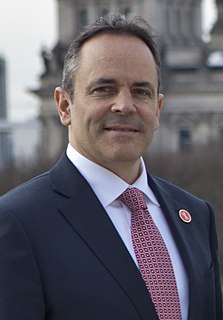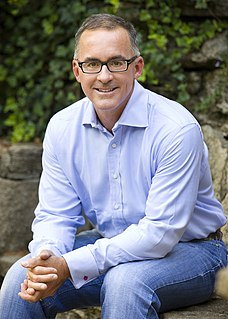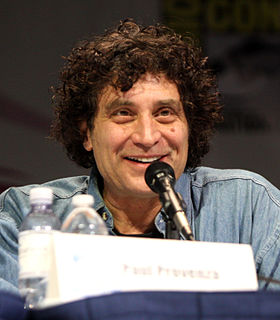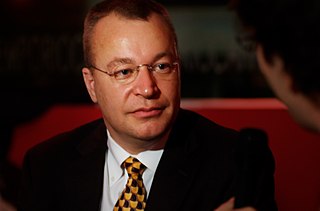A Quote by Nirmal Purja
The biggest thing I learned from being in the special forces is the decision-making process and also the willingness not to give up. You need to have a certain mindset. I call it a positive mindset.
Related Quotes
When we give of ourselves, our time, and our money, we're also giving up control. As a control freak myself, I know that sounds scary, but I've learned that the momentary lack of control forces me to look at what I do have and truly count my blessings. I have clean drinking water. I have food on my table. I have a roof over my head and clothes on my back. Suddenly, my panic-stricken mindset is replaced with gratitude.
One of the changes I'm driving within Nokia is to adopt what we call 'the challenger mindset.' Let's understand that we have to fight, we have to fight our way through the difficulties, we have to listen to consumers, we have to both deliver what they need and also have some creativity and insight and deliver what the don't yet know they need.



































